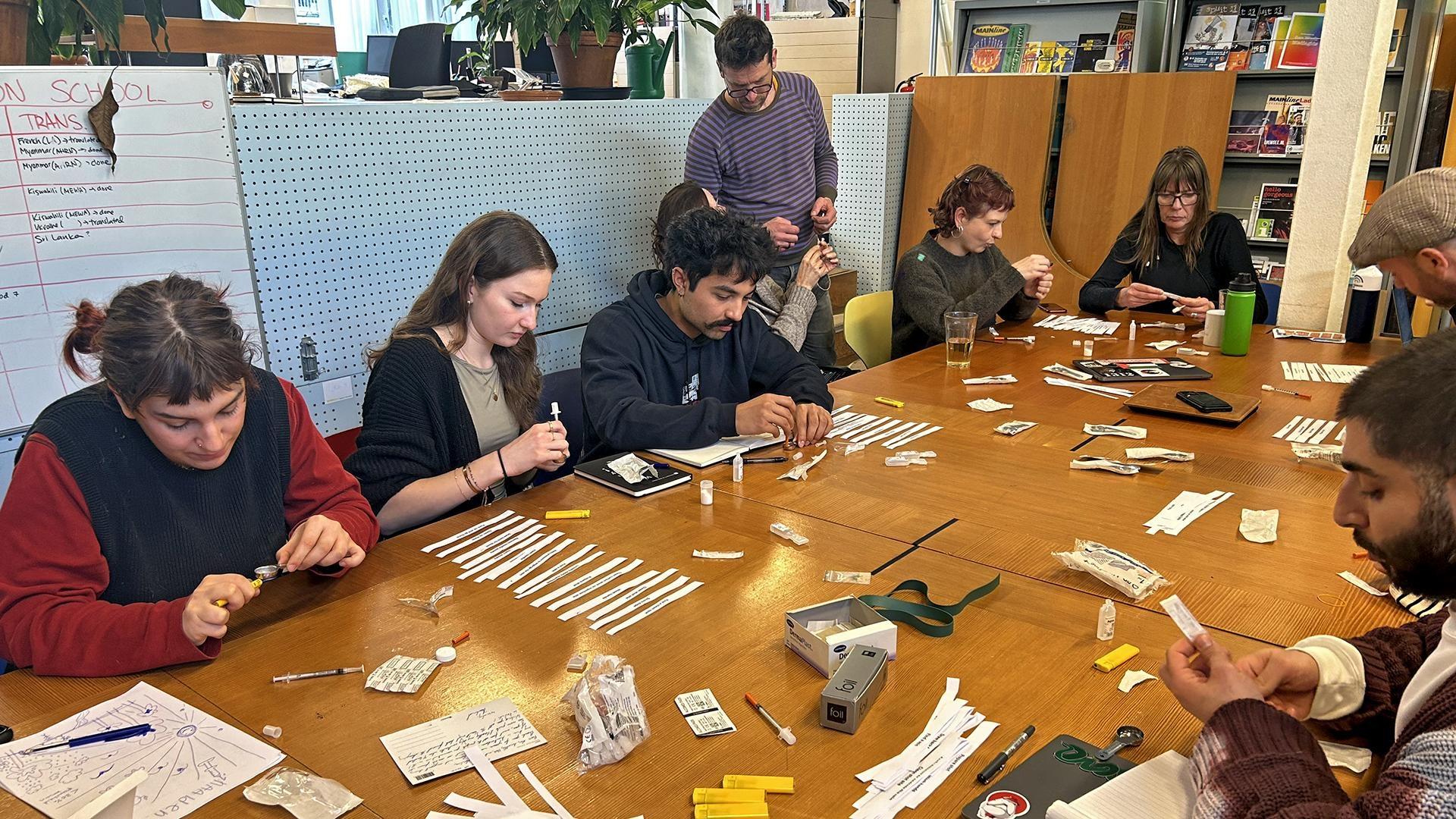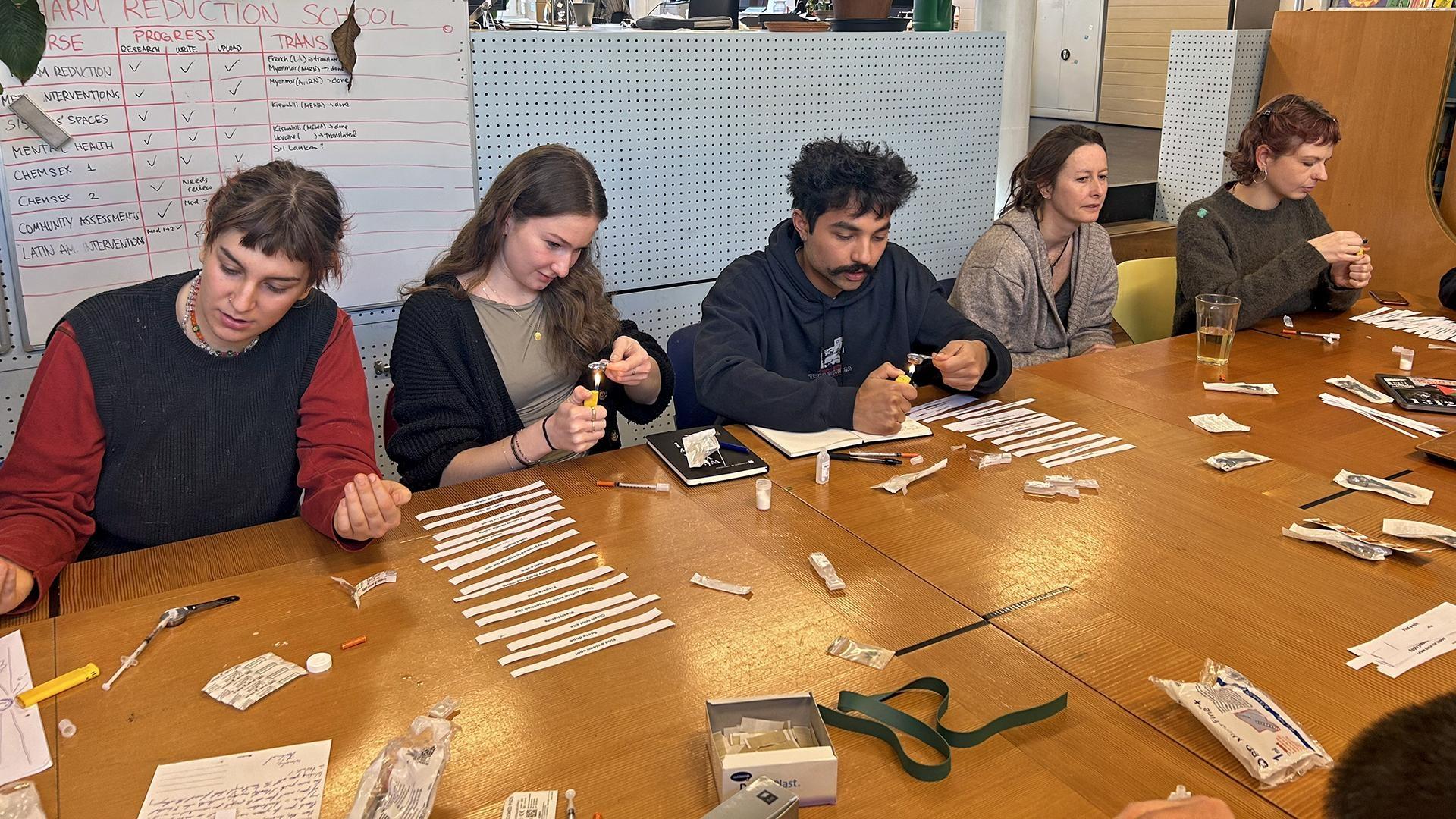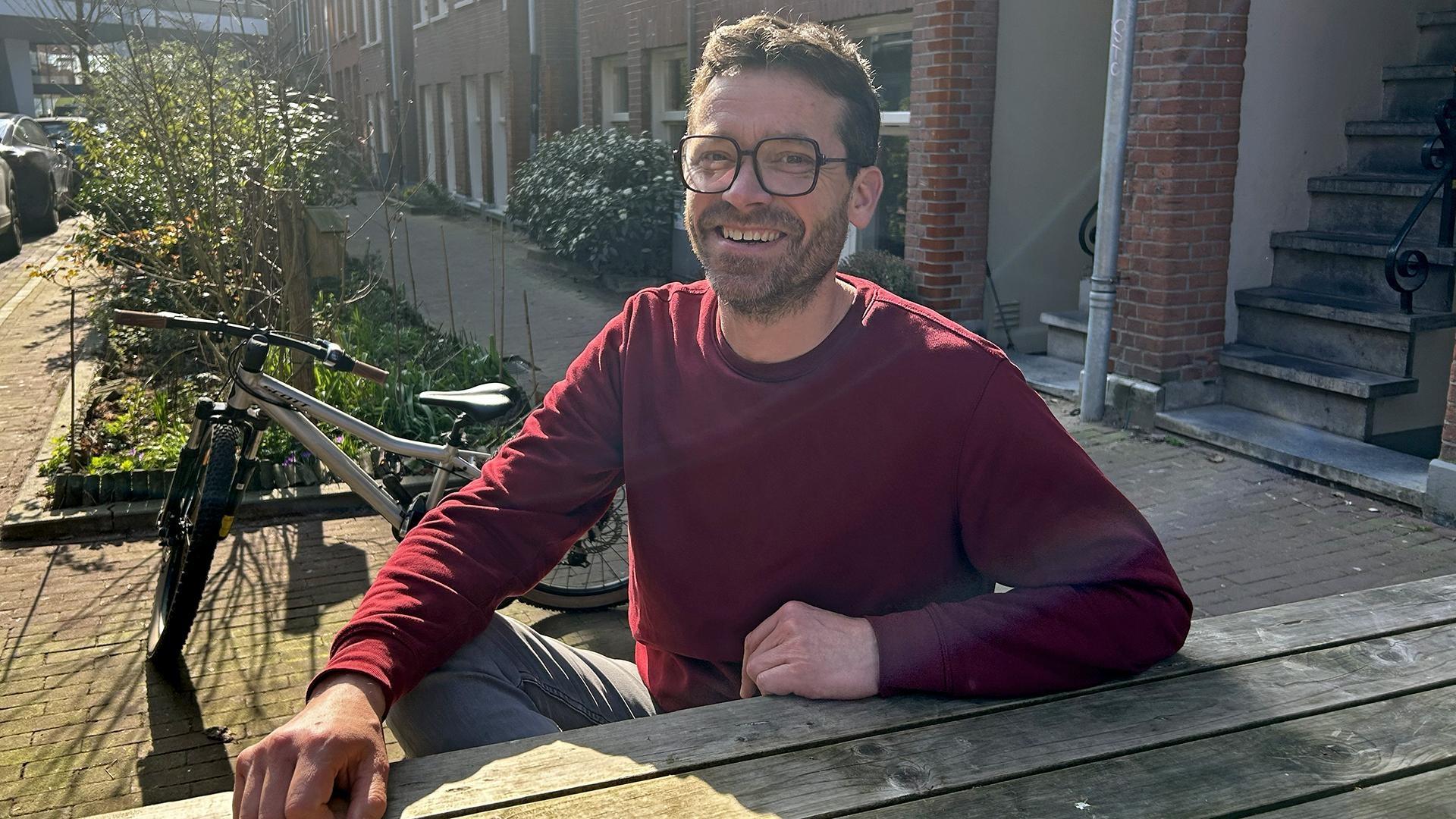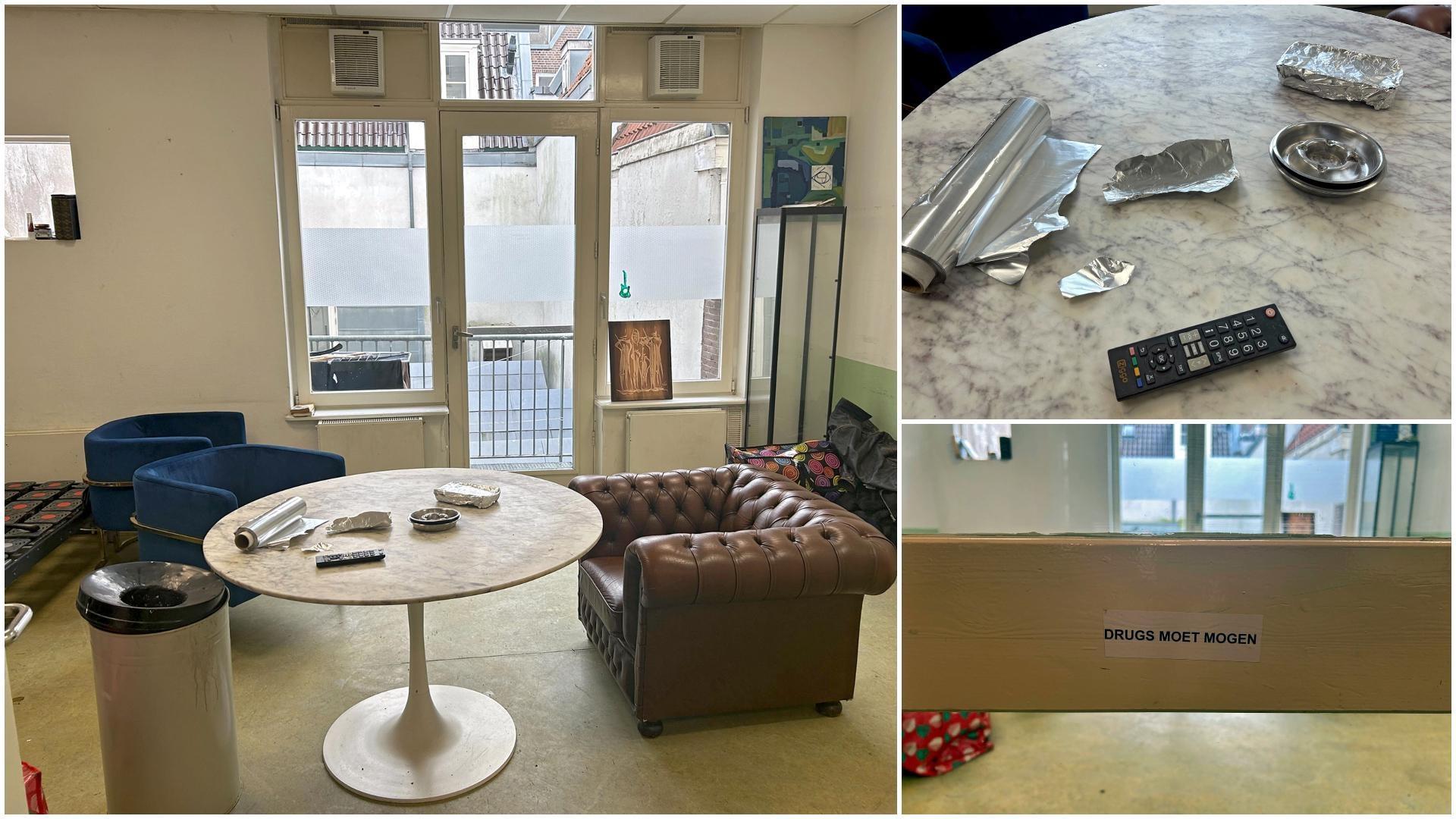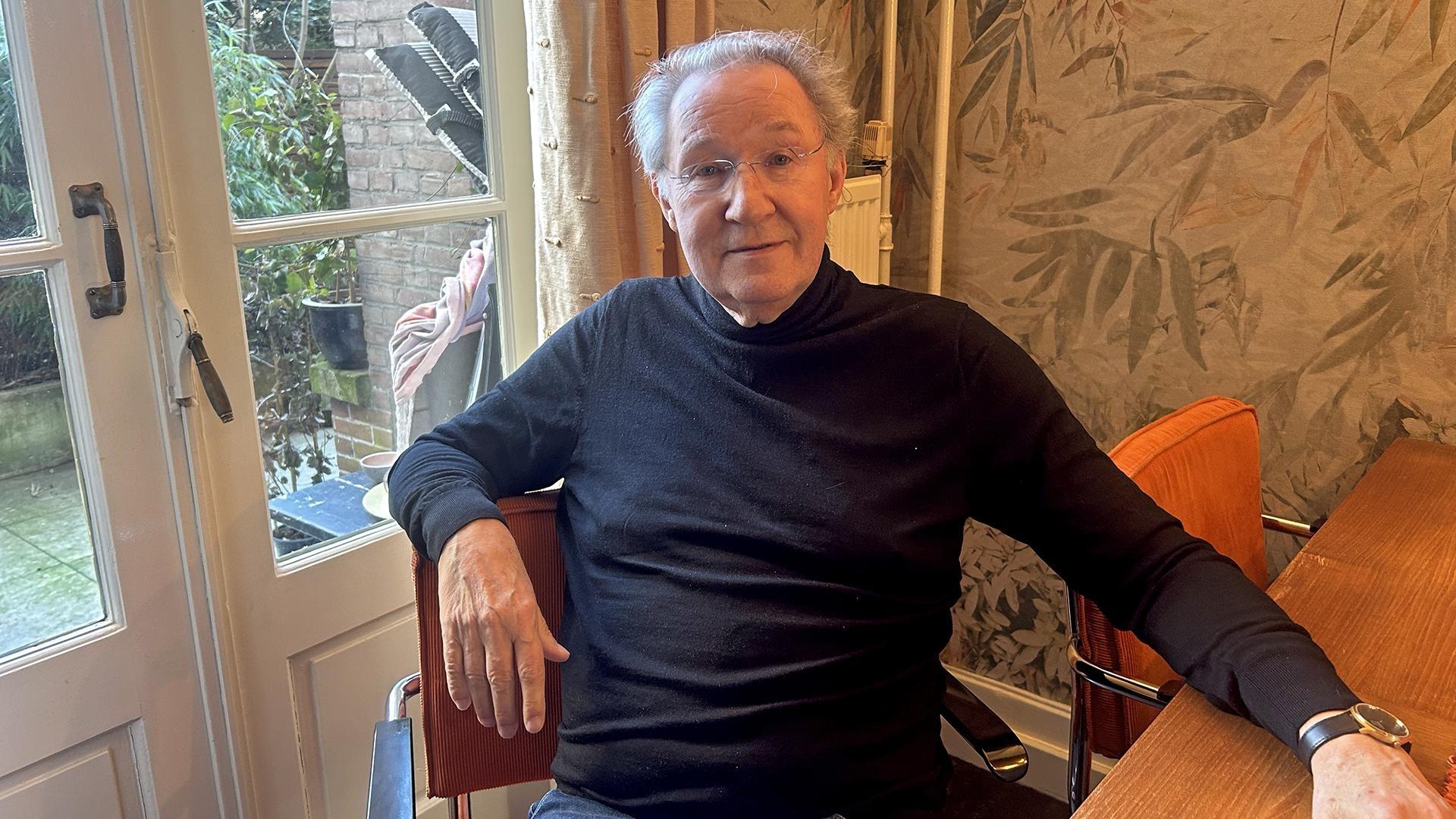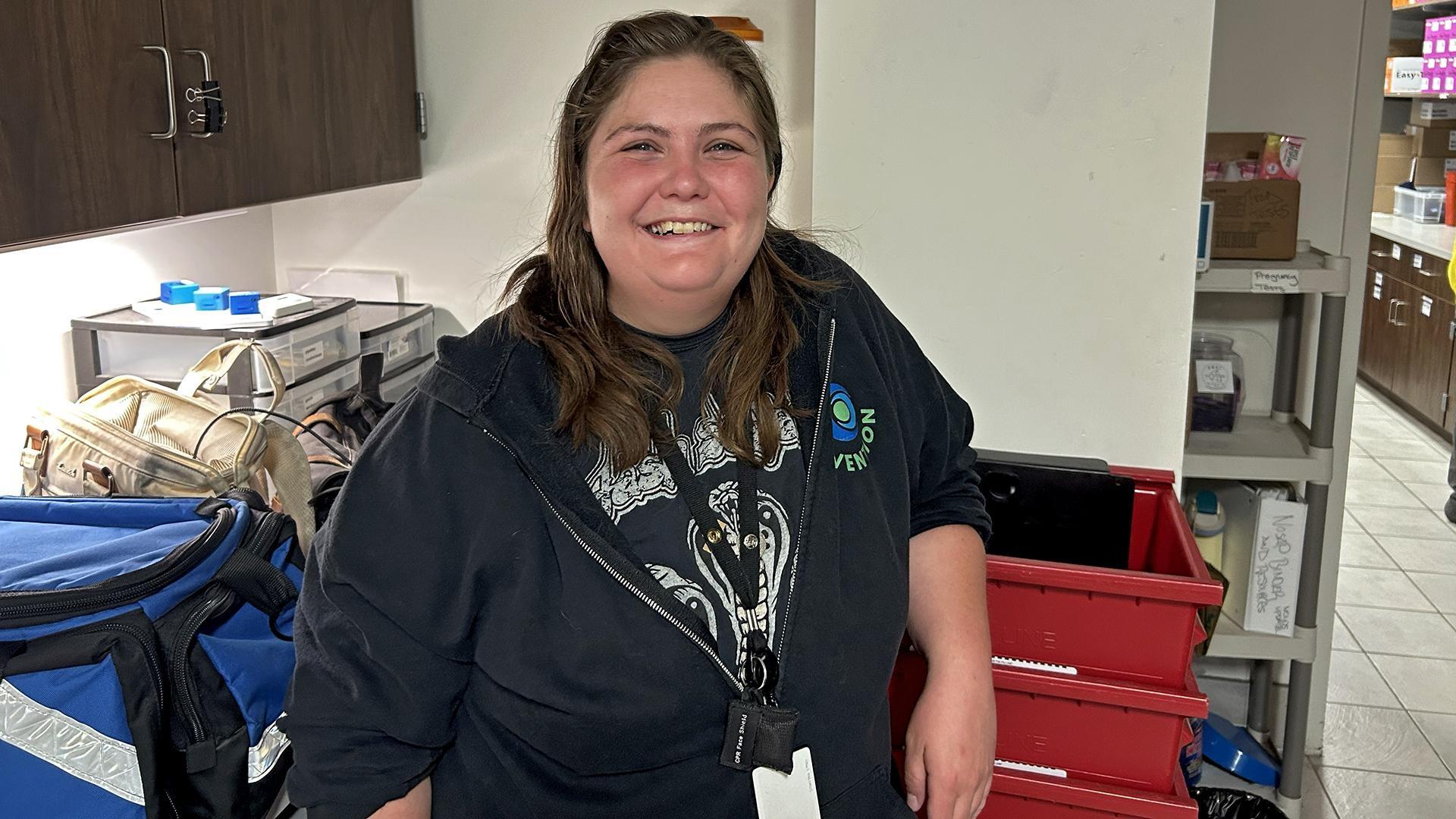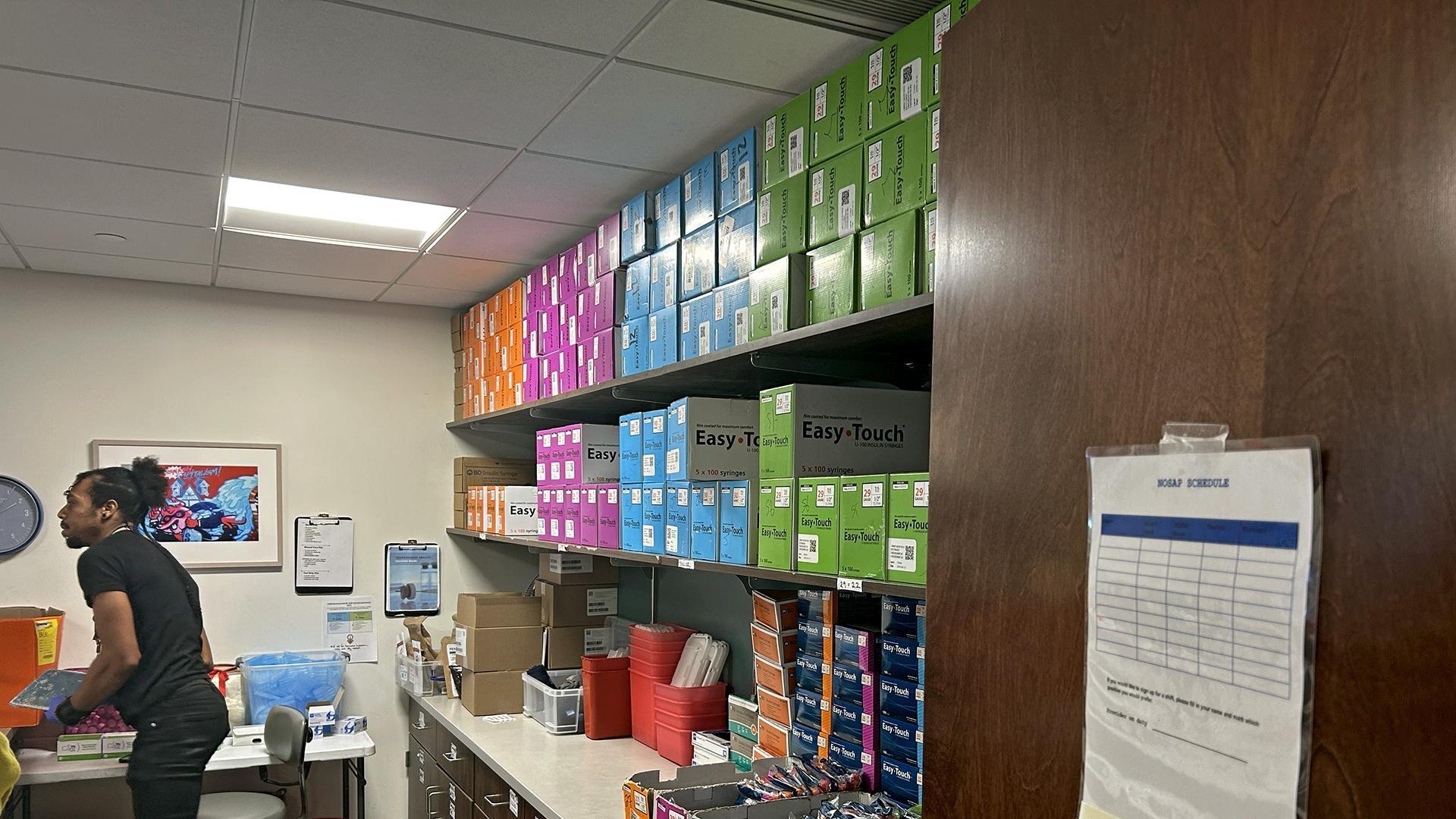NOSAP is part of a Federally Qualified Health Center called CrescentCare. Boyle said the designation gives them an “institutional shield,” which is helpful, because harm reduction isn’t just political in Louisiana — it can sometimes be dangerous.
“Talking to different people who are doing this work throughout the state, their lives are very actively threatened at times,” Boyle said. “There are places where it’s so criminalized, and the criminalization is so active, that providing harm reduction services is a risk.”
A place like NOSAP, Boyle said, couldn’t exist just a few years ago. But the catastrophic death toll from overdoses called for new approaches.
“Harm reduction is a deeply politicized thing, but the opioid epidemic isn't. It affects everyone,” Boyle said. “And as horrible as that is, it is helpful in helping us find allies everywhere.”
The opioid crisis has forced people who dogmatically believe in abstinence-only approaches to substance use treatment, she said, to admit that something has to be done to keep people alive so they can even get treatment.
Because NOSAP relies heavily on federal grants, the Trump administration’s budget cuts have Boyle and the NOSAP staff concerned about whether or not they’ll be able to continue doing their work. NOSAP is currently only able to be open twice a week due to budget constraints. The need already vastly outpaces the demand for its services, Boyle said. They’ve started stockpiling supplies and filling cabinets and closets with syringes in anticipation of funding cuts.
NOSAP was recently awarded a $1.2 million grant from New Orleans’ opioid settlement funds — money received from lawsuits with opioid manufacturers, marketers, and distributors. But that funding is specifically for expanding outreach work and can’t be used to supplement their general budget.
Funding from the state of Louisiana covers staff time for NOSAP, as well as Hepatitis C and wound care, hygiene, and medical supplies. But state law does not allow them to purchase syringes.
If the federal funding that trickles down to support NOSAP goes away, Boyle said the impact on the community they serve would be devastating.
“The main concern is death and losing our people,” Boyle said. “Everyone here has put so much into building relationships with the community. We're terrified to see what would happen if we can't keep that up.”



